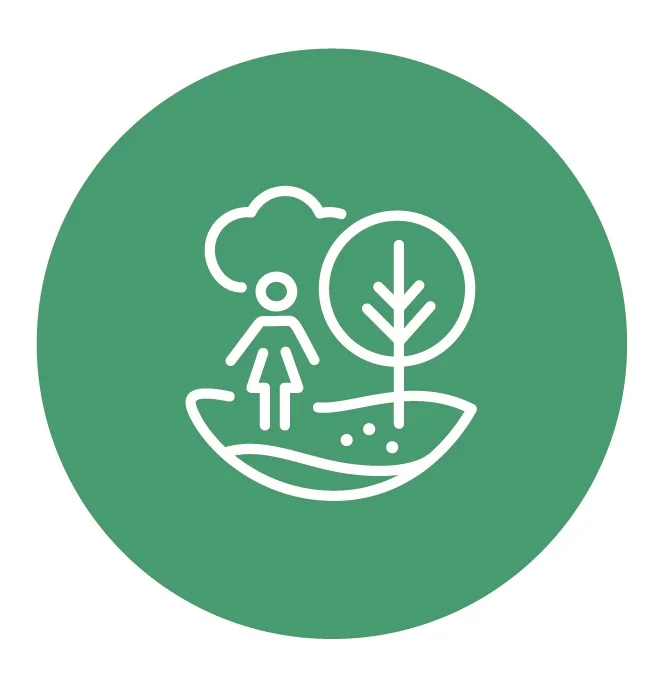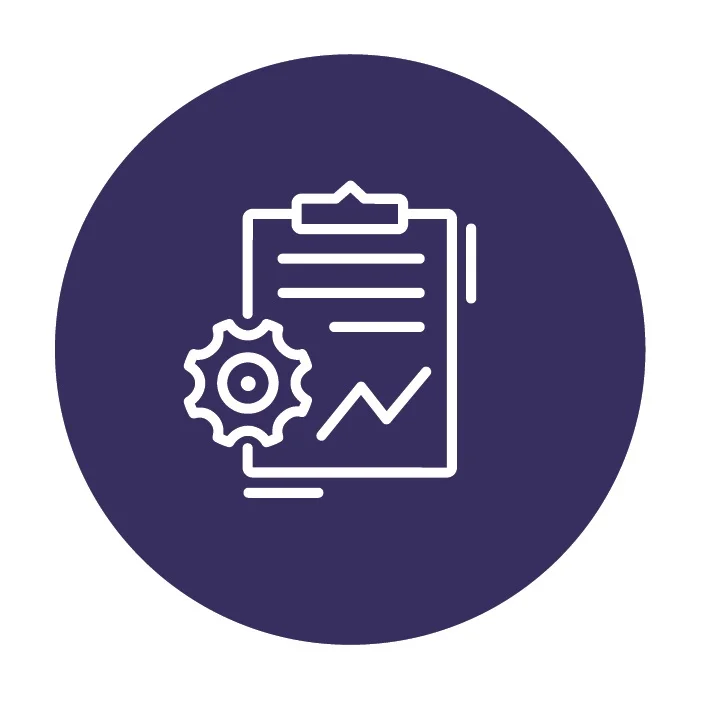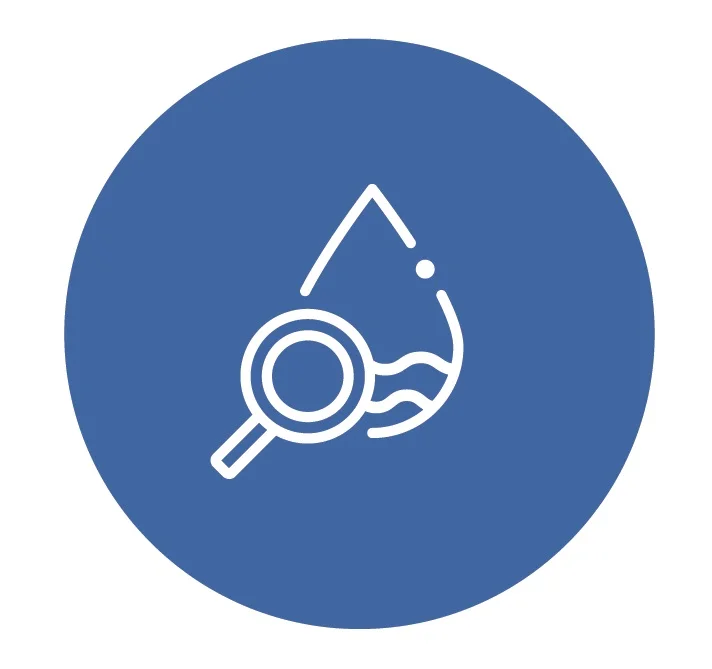Waste, Noise and Air Quality
Waste, noise and air quality, in this context, relates to the efforts of hydropower developers to ensure that noise and air quality is maintained in the project vicinity and that project wastes are responsibly managed.
Good practice involves carrying out assessments at the implementation stage to identify waste, noise and air quality issues utilising appropriate expertise. Measures taken to manage these issues could include some of the following: treatment of liquid wastes in wastewater treatment plants; restrictions on the size of machinery involved in excavation activities; rules specifying no burning.
Understanding good practice
Adhering to good practice in waste, noise and air quality can help a developer ensure that the noise and air quality in the vicinity of the project are of a high quality and not adversely impacted by project activities, and that project wastes are responsibly managed.
International industry good practice in waste, noise and air quality for hydropower projects is defined in the Hydropower Sustainability Guidelines on Good International Industry Practice (HGIIP).
Assessing project performance
Two assessment tools are available to measure hydropower project performance:
In Hydropower Sustainability Assessment Protocol (HSAP), Waste, Noise and Air Quality is addressed in I-18 for the implementation stage.
In Hydropower Sustainability ESG Gap Analysis Tool, Waste Noise and Air Quality is included in Environmental and Social Issues Management addressed in Section 1.





